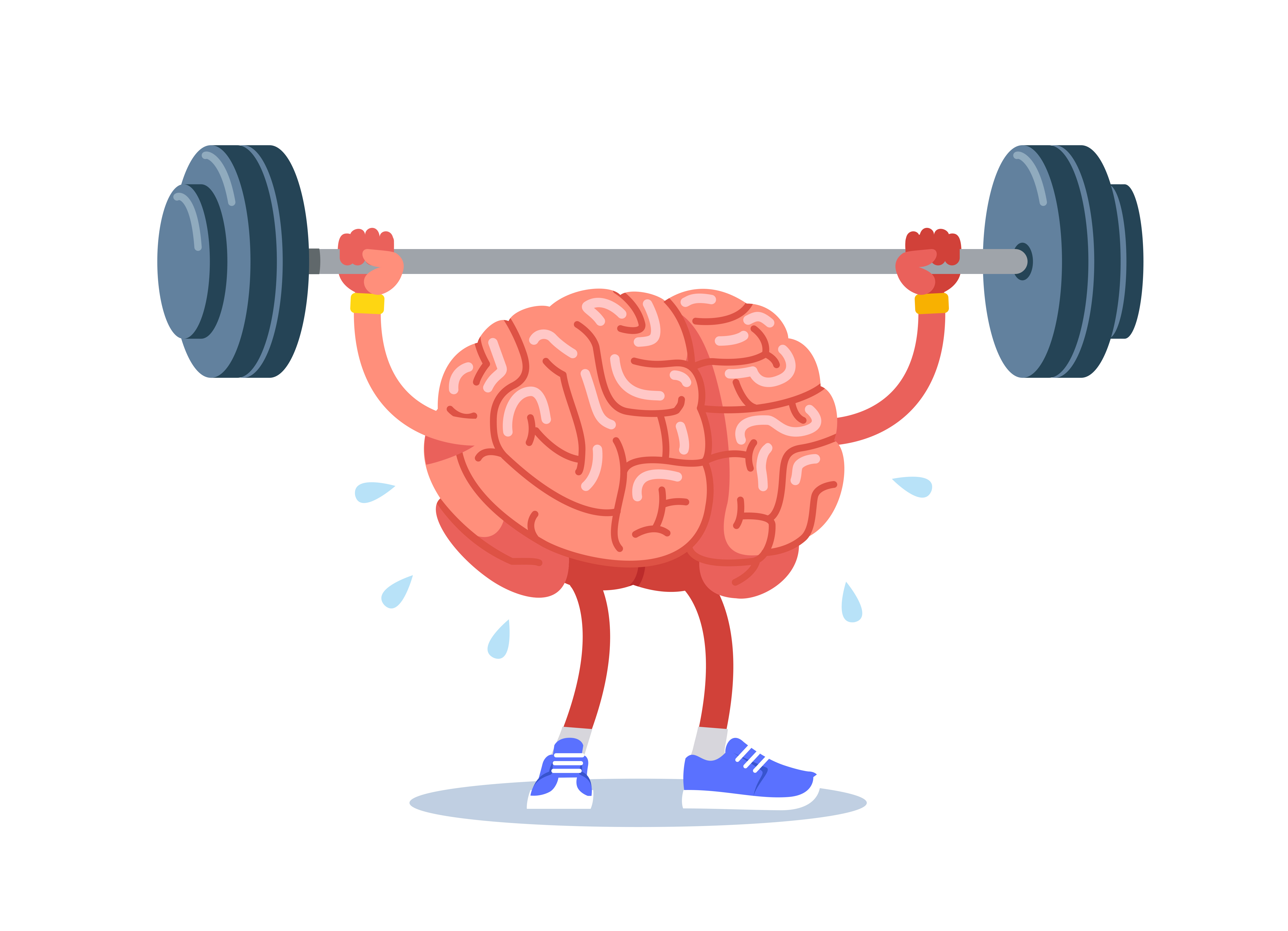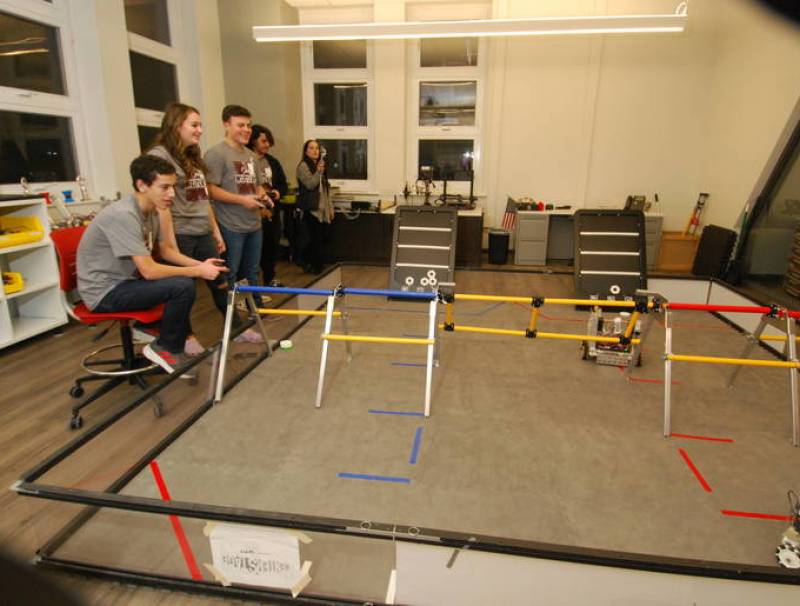Train Your Brain
Experiences with a mental health condition can affect the mind and body in different ways, especially in the young and developing brains of students. According to the National Association of Secondary Schools Principals, “one in five children and adolescents will face a significant mental health condition during their school years. Mental health disorders affecting children and adolescents can range from attention deficit hyperactivity disorder (ADHD,) to autism, depression, eating disorders, schizophrenia, and others.” Dealing with a mental condition is challenging, but there are some ways to help cope with it.
Reading:
With today’s society, technology is everywhere. Children and teenagers are always on their phones or devices, and that can affect the way they live and think. According to a Psycom, a website specializing in mental health conditions, "while teens can use social media to connect and create friendships with others, they also confront cyberbullying, trolls, toxic comparisons, sleep deprivation, and less frequent face-to-face interactions, to name a few.”
With so many social media and messenger applications on phones, children and teens are more likely to be a victim of one of these issues. Many experts suggest to encourage reading for pleasure as an outlet for children and adults alike. According to Words Alive, “reading for pleasure can increase self-esteem, reduce symptoms of depression, help build better relationships with others, and reduce anxiety and stress.” Reading can be challenging or not as fun as swiping left and right on a phone, however, even reading a magazine or an article on a phone can help, too. It’s still reading, and it can be something that is high on their interest scale. Even reading novels and stories on Apple’s iBooks is helpful too, and can save money and space rather than buying lots of books that are only going to be read once.
Exercising:
Exercising sometimes seems like a drag at first, but with the right motivation, it’ll feel like a regular routine. Exercising not only makes the body look great, but it also makes someone feel great, too. According to the Mayo Clinic, exercising helps “gain confidence, social interaction, and cope in a healthy way.” By exercising, anyone can get the body they desire. Eating healthier can also help achieve that goal a little faster as well.
Pets:
The term “a man’s best friend” is true. Dogs, cats, birds, hamsters; any pet or animal can help with a mental health condition. Whether someone may feel stressed, depressed, overwhelmed, or such, a pet or animal is always there. They’re not only adorable, but they are very helpful in an effort to destress. According to the Anxiety and Depression Association of America, “not only are people happier in the presence of animals, but they’re also healthier. In a survey of pet owners, 74% of pet owners reported mental health improvements from pet ownership, and 75% of pet owners reported a friend’s or family member’s mental health has improved from pet ownership.”
Talk to Someone:
No matter who it is; friends, family, teachers, counselors, someone is always available to help. According to the Depression and Bipolar Alliance, “a good therapist can help you cope with feelings, problem solve and change behavior patterns that may contribute to your symptoms.” People, mainly therapists, are able to help talk about certain issues or problems that aren’t being overcome. They are called “Talk Therapists,” and they help people by not only talking to them, but they also help guide them to accomplishing their goals by certain objectives. This includes writing down thoughts and events, tracking down different moods throughout the day, and then talking about it. It doesn’t even have to be a therapist, it can be friends or family who also care. They may not understand everything, but they can definitely give some advice with care.








